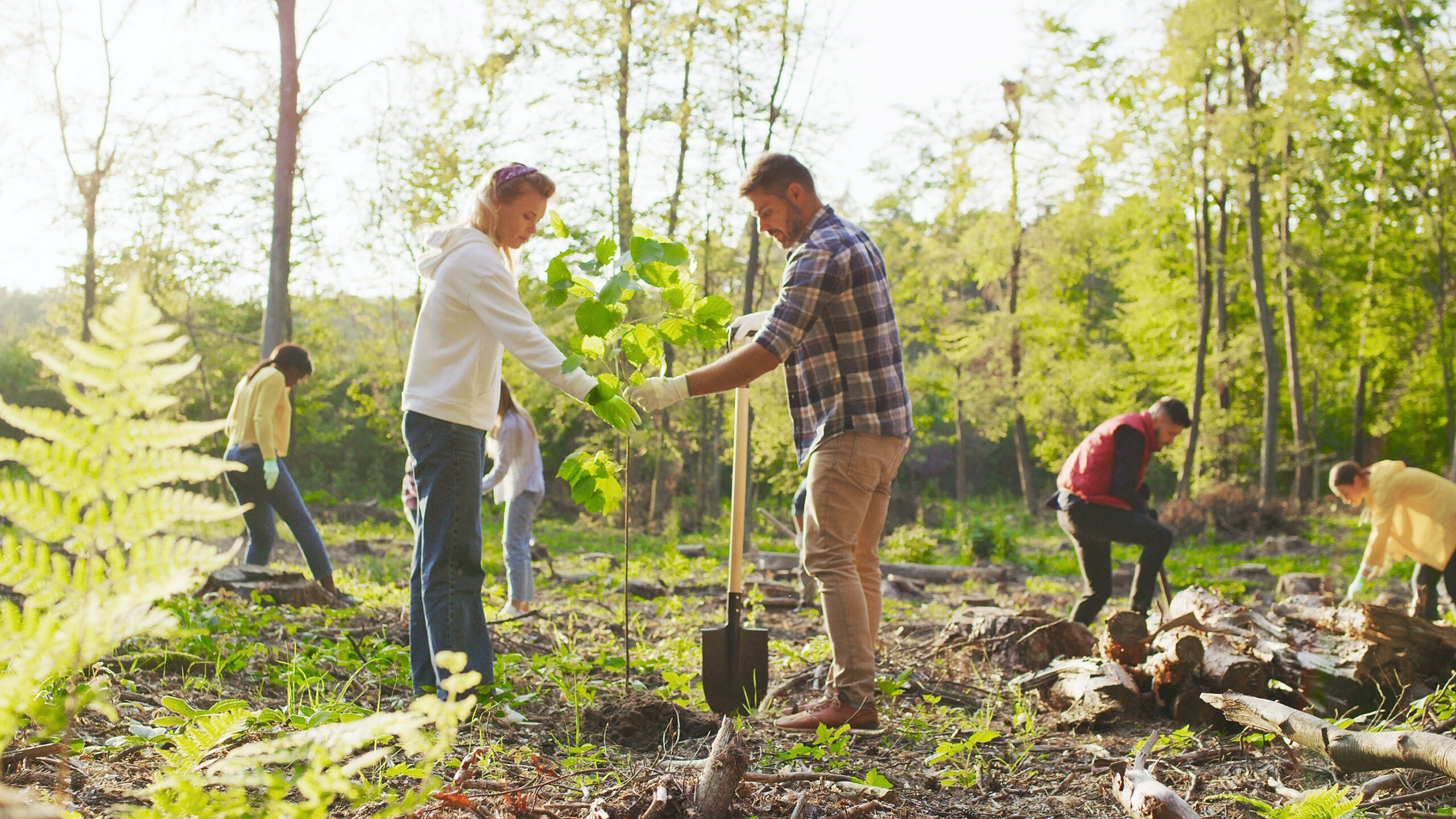Other tactics will be familiar to many travellers. Some hotels that offer to wash bed linen less frequently ‘to save energy’ may be primarily interested in saving costs rather than reducing environmental impacts. And some resorts that claim to support local communities simply shuffle in such groups to perform cultural shows, while discouraging guests from spending money outside the hotel. An ‘eco-resort and spa’ in a region with a limited supply of water, perhaps where farmers don’t have enough to irrigate crops, is another example of greenwashing.
“Companies often wax lyrical about recycling or banning single-use plastics,” adds former expedition cruise guide and sustainability expert Victoria Stokes. “However, highlighting small initiatives while neglecting larger issues, such as fossil fuel consumption, suggests greenwashing.”
New expedition ships, increasingly fuelled by methane-based liquefied natural gas, are portrayed as being ‘more sustainable’ because they emit less CO2 and nitrogen oxides than conventionally powered vessels. However, their methane emissions, which can contribute significantly to global warming, are rarely mentioned. Similarly, the exploitation of local ecosystems through unethical practices and overtourism, under the guise of ‘wildlife experiences’, is rife.
The UK’s Advertising Standards Authority (ASA) has introduced greenwashing guidelines to help businesses avoid featuring such misinformation in their communications. Recently, the ASA ruled that an airline advert suggesting its use of sustainable aviation fuels – made from used cooking oil and animal fats, and which produce similar amounts of CO2 to traditional jet fuel when burned – contributed to ‘protecting [the world’s] future’ was misleading.
As more travellers turn towards sustainable travel, many see through misleading marketing spiel. “Thorough research will help you choose companies that prioritise real sustainability,” reminds Victoria. “Read between the lines, ask questions and interrogate before you book.”










